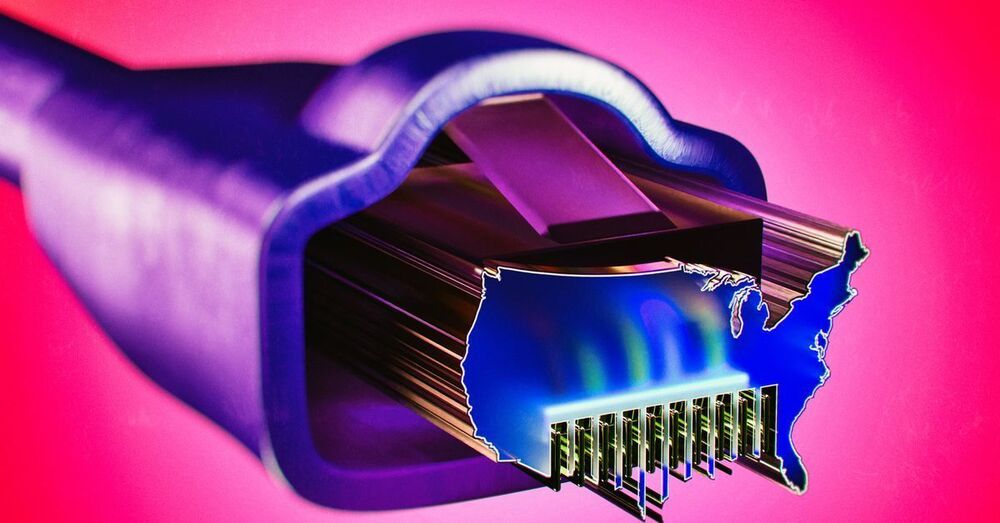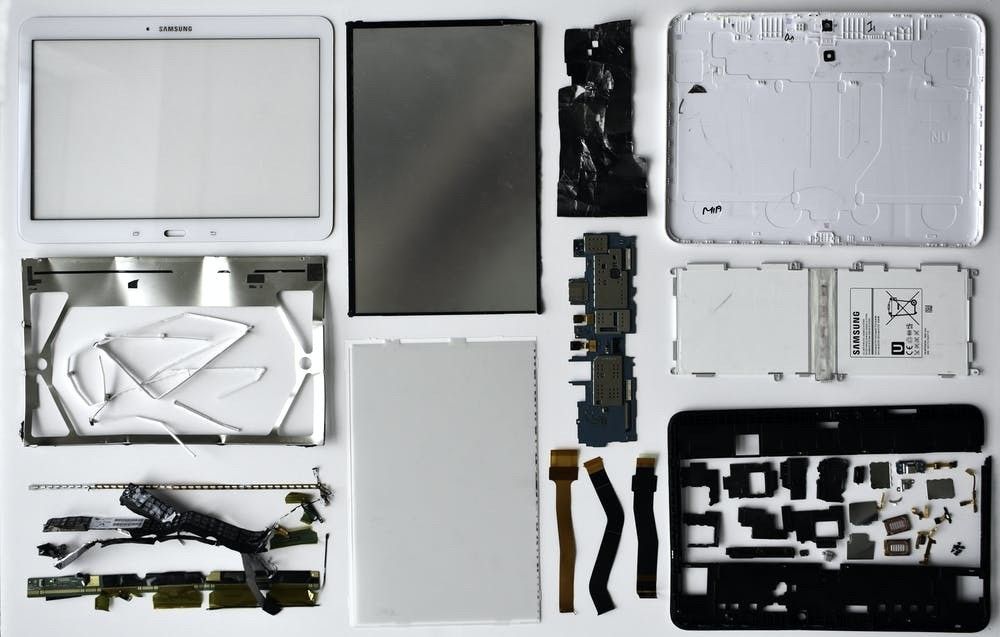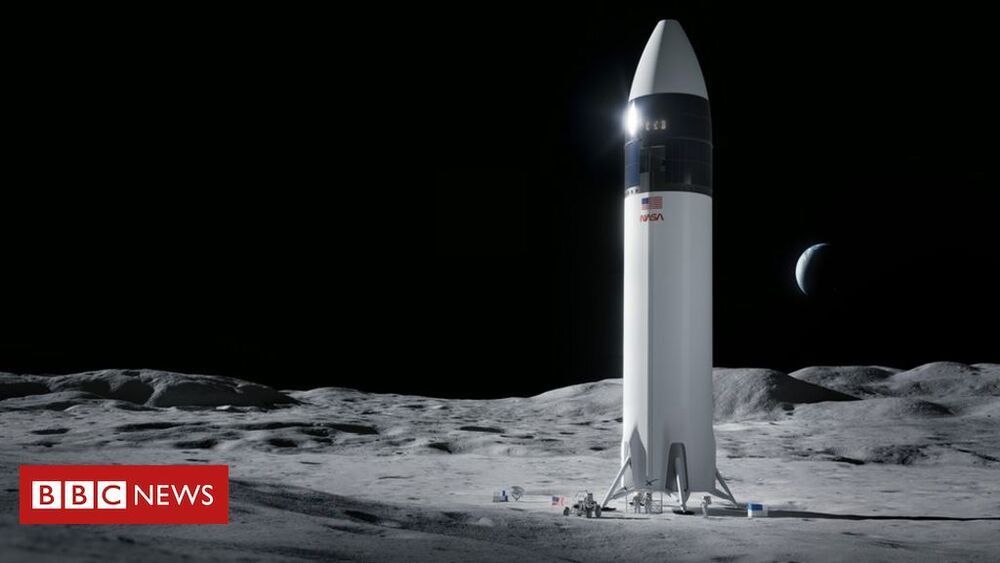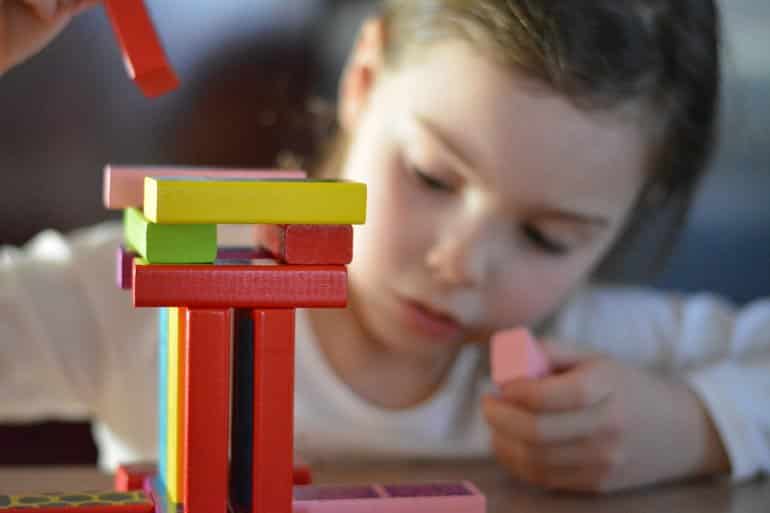Internet should become a lot more affordable in New York.
Governor Cuomo signed a new bill that caps prices at $20 for 200Mbps down and $15 for 25Mbps down for low-income customers.


Sorry, we’re having trouble playing this video.
Learn More.
World Economic Forum.
· —6-h ·
A call to protect the planet 📱
🔎 Learn more about the rise in e-waste.
Sorry, we’re having trouble playing this video.
With an ever-increasing global population and rising urbanization, creating safe, resilient and sustainable cities is right at the top of the green agenda.
The United Nations included this mission among its 17 Sustainable Development Goals, which together form a blueprint for collectively addressing the challenges the world faces.


Summary: Study reveals there are differences in genes and the genetic burdens that underpin ASD between males and females. Researchers also found specific differences in the ways the brains of girls on the autism spectrum respond to different social cues.
Source: University of Virginia.
New research has shed light on how autism-spectrum disorder (ASD) manifests in the brains of girls, prompting the scientists to warn that conclusions drawn from studies conducted primarily in boys should not be assumed to hold true for girls.
Developing Next Generation Artificial Intelligence To Serve Humanity — Dr. Patrick Bangert, Vice President of AI, Samsung SDS.
Dr. Patrick D. Bangert, is Vice President of AI, and heads the AI Engineering and AI Sciences teams, at Samsung SDS is a subsidiary of the Samsung Group, which provides information technology (IT) services, and are active in research and development of emerging IT technologies such as artificial intelligence (AI), blockchain, Internet of things (IoT) and Engineering Outsourcing.
Dr. Bangert is responsible for the Brightics AI Accelerator, a distributed ML training and automated ML product, and for X.insights, a data center intelligence platform.
Among his other responsibilities, Dr. Bangert acts as a visionary for the future of AI at Samsung.
Before joining Samsung, Dr. Bangert spent 15 years as CEO at Algorithmica Technologies, a machine learning software company serving the chemicals and oil and gas industries. Prior to that, he was assistant professor of applied mathematics at Jacobs University in Germany, as well as a researcher at Los Alamos National Laboratory and NASA’s Jet Propulsion Laboratory.
Stephen Hawking thought an asteroid impact posed the greatest threat to life on Earth. Thanks to Kiwico for sponsoring this video. For 50% off your first month of any crate, go to https://kiwico.com/veritasium50
For other potential world ending catastrophes, check out Domain of Science: https://ve42.co/DoS
Special thanks to:
Prof. Dave Jewitt from UCLA Earth, Planetary, and Space Sciences.
Prof. Mark Boslough from Sandia National Labs.
Scott Manley: https://www.youtube.com/user/szyzyg.
Ryan Wyatt at Morrison Planetarium.
Prof. Amy Mainzer.
Alexandr Ivanov for the opening shot of Chelyabinsk Meteor.
Maps of Asteroid Impacts —https://ve42.co/Map.
Time passing animation from Universe Sandbox — http://universesandbox.com/
Opposition Effect — https://ve42.co/Belskaya2000
Belskaya, I. N., & Shevchenko, V. G. (2000). Opposition effect of asteroids. Icarus, 147, 94–105.
Potentially Hazardous Asteroids — https://ve42.co/Perna2013

Interesting initiative (US Smart Cities) that could be applied to space cities.
Jeffrey Berns, CEO of Nevada-based Blockchains LLC, envisions a city where people not only purchase goods and services with digital currency but also log their entire online footprint — financial statements, medical records and personal data — on blockchain. Blockchain is a digital ledger known mostly for recording cryptocurrency transactions but also has been adopted by some local governments for everything from documenting marriage licenses to facilitating elections.
The company wants to break ground by 2022 in rural Storey County, 12 miles (19 kilometers) east of Reno. It’s proposing to build 15000 homes and 33 million square feet (3 million square meters) of commercial and industrial space within 75 years. Berns, whose idea is the basis for draft legislation that some lawmakers saw behind closed doors last week, said traditional government doesn’t offer enough flexibility to create a community where people can invent new uses for this technology.
“There’s got to be a place somewhere on this planet where people are willing to just start from scratch and say, ‘We’re not going to do things this way just because it’s the way we’ve done it,’” Berns said.
